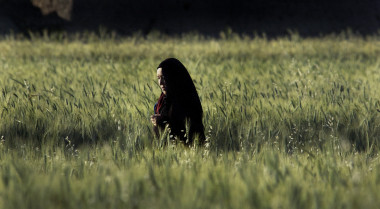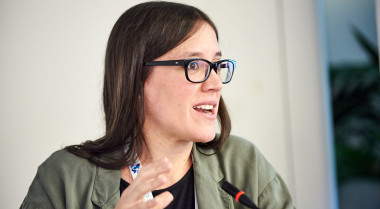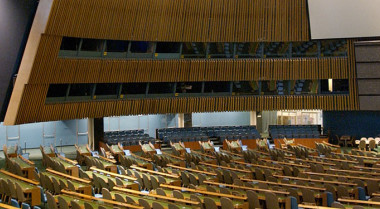
Sustaining Peace in Liberia: New Reforms, New Opportunities?
The reforms to the UN development system, effective on January 1, 2019, marked the start of a new period for the UN presence in Liberia, making it one of the earliest test cases of a “next generation” UN country team. This comes less than a year after two other transitions: the withdrawal of the UN Mission in Liberia and the inauguration of a new Liberian president. On top of longstanding socioeconomic challenges, these transitions are testing the country’s ability to sustain peace.
This paper, a publication of IPI and GPPAC, examines the implementation of the UN’s peacebuilding and sustaining peace framework in Liberia, looking at what has been done and what is still needed. It focuses on the four issue areas highlighted in the secretary-general’s 2018 report on peacebuilding and sustaining peace: operational and policy coherence; leadership at the UN country level; partnerships with local and regional actors; and international support. It looks specifically at how the UN country team is adapting its strategy and operations in the wake of the recent transitions in Liberia.
The changes taking place in Liberia illustrate that efforts to implement the secretary-general’s recommendations are already underway. The UN has implemented a new, innovative model centered on an empowered resident coordinator’s office, which has been able to effectively coordinate its approach with the Liberian government. Nonetheless, this office needs support to ensure that programming is oriented toward conflict prevention and connected to discussions at UN headquarters.


